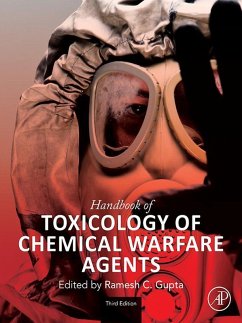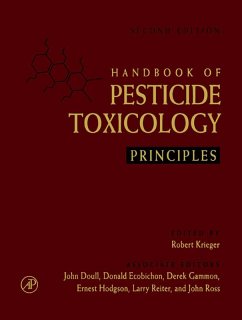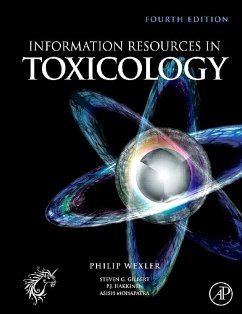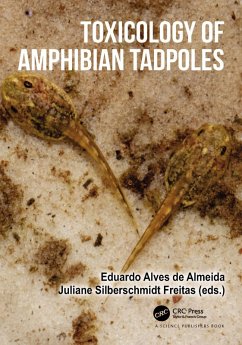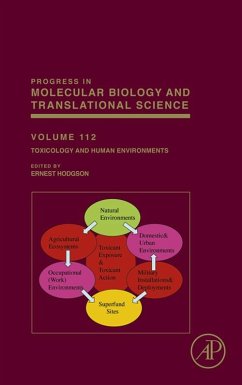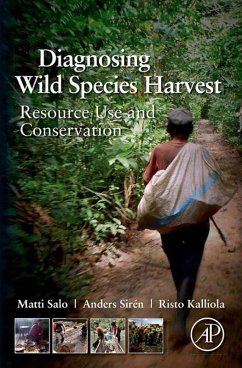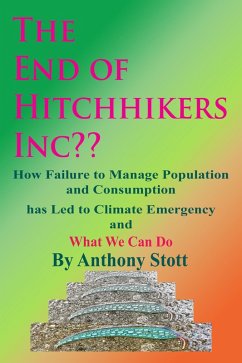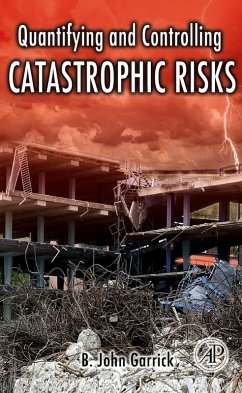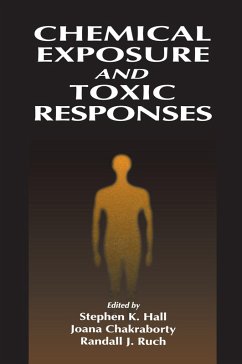
The Nature and Use of Ecotoxicological Evidence (eBook, ePUB)
Natural Science, Statistics, Psychology, and Sociology
Versandkostenfrei!
Sofort per Download lieferbar
54,95 €
inkl. MwSt.
Weitere Ausgaben:

PAYBACK Punkte
27 °P sammeln!
The Nature and Use of Ecotoxicological Evidence: Natural Science, Statistics, Psychology, and Sociology examines how toxicologists and environmental professionals come to understand and make decisions about possible harm from pollutants. Drawing on concepts and techniques from the natural, social and mathematical sciences, the book emphasizes how pollutant-related evidence is gathered, assessed, communicated and applied in decision-making. Each chapter begins with a real-world example before exploring fundamental cognitive, social, statistical or natural science concepts to explain the opening...
The Nature and Use of Ecotoxicological Evidence: Natural Science, Statistics, Psychology, and Sociology examines how toxicologists and environmental professionals come to understand and make decisions about possible harm from pollutants. Drawing on concepts and techniques from the natural, social and mathematical sciences, the book emphasizes how pollutant-related evidence is gathered, assessed, communicated and applied in decision-making. Each chapter begins with a real-world example before exploring fundamental cognitive, social, statistical or natural science concepts to explain the opening example. Methods from other disciplines for recognizing, reducing or removing the influence of impediments in wise decision-making are highlighted in each chapter. Misreading evidence by the scientific community, and miscommunication to regulators and the public, remain major impediments to wise action in pollution issues. Which evidence comes to dominate the dialogue among scientists, regulators and decision makers depends on social and scientific dynamics. Yet psychological and sociological factors that influence the movement of evidence through scientific communities to regulators receive cursory discussion by professionals unfamiliar with the sociology literature. Toxicologists, environmental scientists, psychologists and professionals and students across the sciences will find the book useful for understanding how evidence is generated, assessed and communicated in their own fields. - Includes groundbreaking research synthesizing information from across the sciences to understand the decision-making process - Provides real life examples and uses theoretical concepts to analyze them in clear, direct language - Encourages critical thinking about complex problems
Dieser Download kann aus rechtlichen Gründen nur mit Rechnungsadresse in A, B, BG, CY, CZ, D, DK, EW, E, FIN, F, GR, HR, H, IRL, I, LT, L, LR, M, NL, PL, P, R, S, SLO, SK ausgeliefert werden.




